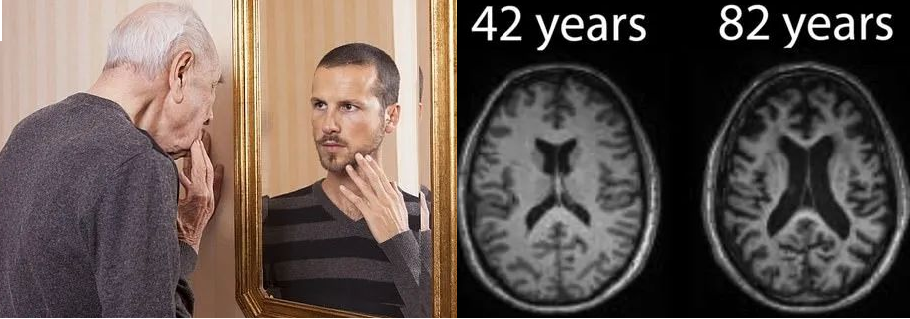Scientists have discovered exciting new insights about how to improve brain health as we age. They’ve found that a special hormone called klotho, young blood infusions, and exercise can all help our brains work better, especially in older mice and humans. These discoveries were a mystery until recently.
In a set of three scientific papers published in respected journals (Nature, Nature Aging, and Nature Communications), researchers made a breakthrough. They explored how the hormone klotho, a part of our blood called Platelet Factor 4 (PF4), exercise, the creation of new brain cells (neurogenesis), and thinking abilities are all linked as we get older. These studies show that Platelet Factor 4 (PF4), which comes from our blood, might be a big reason why exercise is good for our brains.
Study 1: Platelet Factor 4 (PF4) and Better Thinking as We Age
This research looked into ways to help our brains stay sharp as we get older. It turns out that Platelet Factor 4 (PF4), which is in our blood, can pass on the benefits of young blood to an aging brain. When they gave old mice young blood with lots of platelets, it helped their brains work better. This was because PF4 reduced inflammation in a part of the brain called the hippocampus, which is important for memory. This discovery suggests that PF4 could be a key to reducing inflammation and improving memory as we age.https://www.nature.com/articles/s41586-023-06436-3
Study 2: Klotho and How It Boosts Brainpower
This study explored how a hormone called klotho affects our brains. Klotho makes our blood release Platelet Factor 4 (PF4), which is good for our brains. Giving PF4 to young mice improved their thinking and the connections between brain cells. Even when PF4 was missing in mice with klotho, they still had better brain function. This means there might be other unknown things that help klotho improve our brains. https://www.ncbi.nlm.nih.gov/pmc/articles/PMC10501899/
Study 3: How Exercise and Platelet Factor 4 (PF4) Keep Our Brains Young
This research focused on how exercise and Platelet Factor 4 (PF4) can help our brains stay young. Platelets, which are in our blood, play a big role in the brain benefits of exercise. PF4, a special thing released by platelets during exercise, boosts the growth of new brain cells and makes our thinking better. Giving PF4 to older mice worked like exercise and improved their brainpower. This study shows that PF4 can fight the decline in brain function that happens with age.https://www.nature.com/articles/s41467-023-39873-9
Putting It All Together: These three studies tell us that Platelet Factor 4 (PF4) from our blood is a major player in keeping our brains healthy and thinking well. When we exercise, our platelets release PF4, which helps our brain cells grow and function better. These findings open doors for new treatments to fight age-related brain problems. Using Platelet Factor 4 (PF4) could lead to new ways to keep our brains sharp as we get older.


